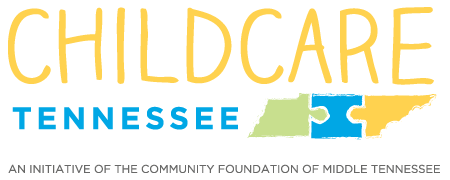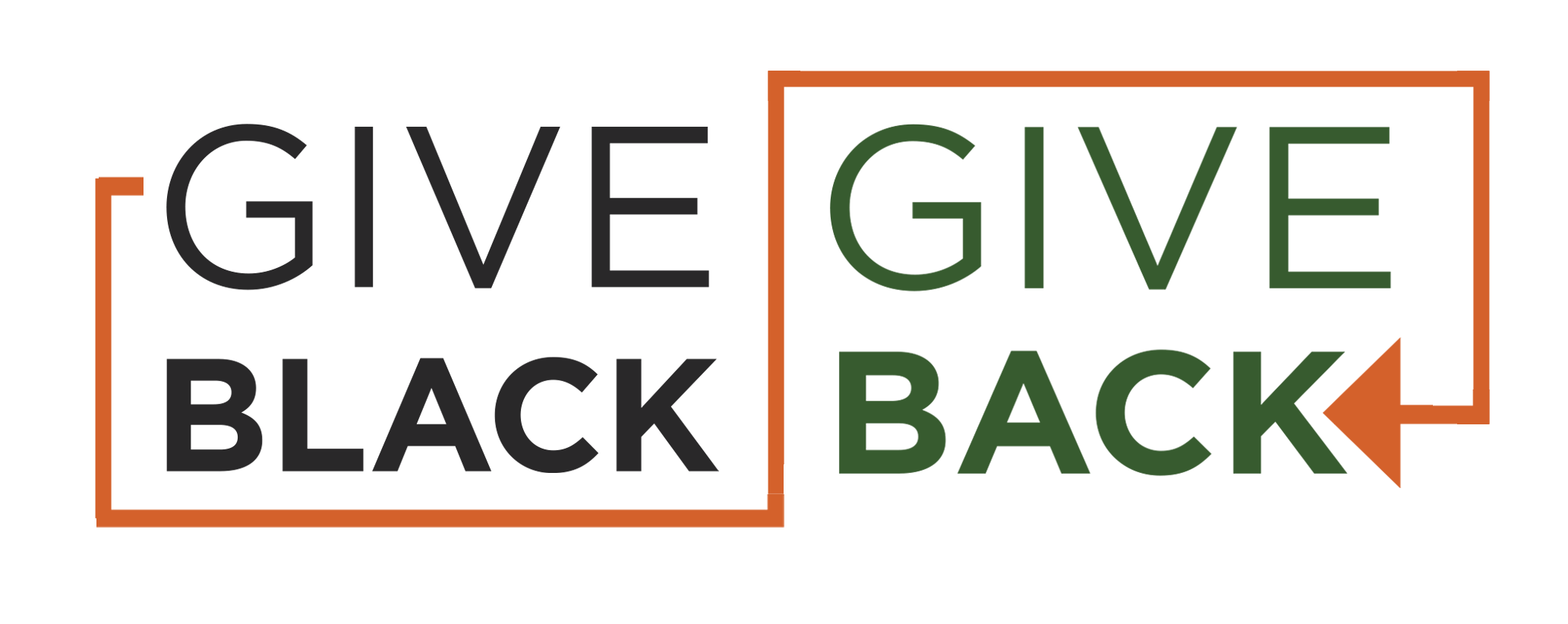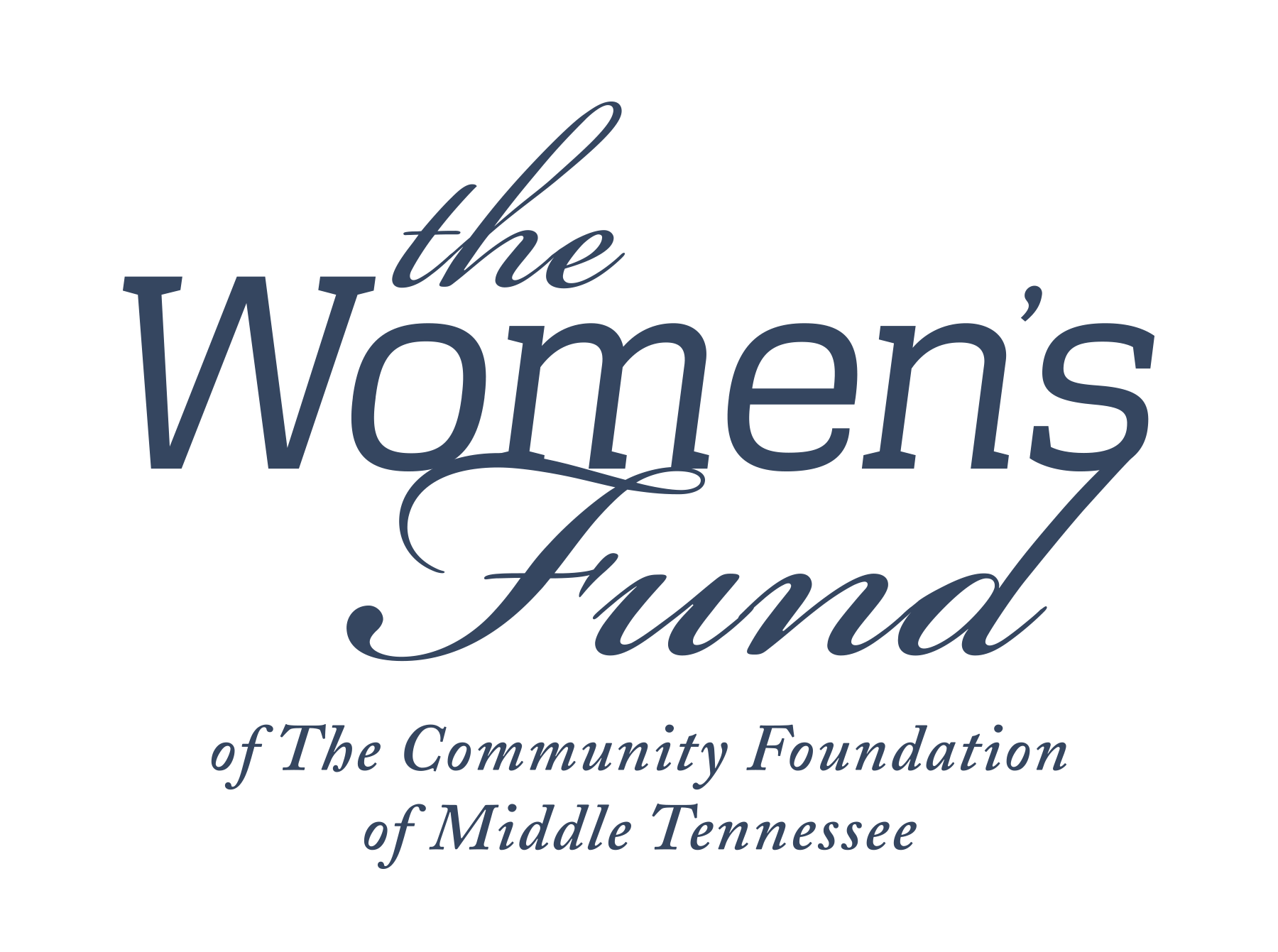Making a gift to the Community Foundation can be as simple as writing a check or as sophisticated as creating an estate plan. We offer a variety of options to help individuals accomplish specific philanthropic and personal objectives.
The Community Foundation of Middle Tennessee works with you and your attorney, trust officer, accountant, or other financial advisor to connect your generosity with causes about which you’re passionate, and to tailor a giving vehicle that best suites your needs.
A summary of your options include:
OUTRIGHT GIFTS
We accepts gifts of cash, securities, real estate, life insurance or tangible personal property.
Let’s say that when you give to charity, you like to give cash. You would write a check and that’s that. It’s simple and straightforward and everybody likes it. Or is there a better way?
Here’s one. You establish Your Fund with us and request a payment to your favorite charity whenever you can afford to. The Fund grows over time. Some years you can afford to add more to your Fund, some less. You can get a full tax deduction for your contribution in the year you make it. Only the income generated by the money you contribute to the Fund needs to be distributed. Or you can ask that we pay out the principal periodically. The Fund has great flexibility and gives you immediate and maximum tax deductibility.
In this case, you have discovered how you can give more at less cost than by giving cash. That is, with appreciated securities — stocks or bonds that are now worth more than they were when you bought them. But to use them as gifts to a lot of charitable organizations is an endless nuisance.
You donate the securities to Your Fund. You get the maximum tax deduction — in fact, if the amount is larger than you can use in one year, you can use the surplus as deductions over the next five years. The charities that are supported by Your Fund will receive cash. Everyone benefits.
You have been paying premiums on life insurance for years and now the protection it offered earlier is really no longer needed. The policies have some value, and you would like charity to benefit.
You donate the policies to Your Fund. You get an immediate tax deduction now, usually equal to their cash surrender value. The Fund grows and charitable organizations benefit.
You want to leave a charitable legacy when you’re gone but you don’t have a large estate.
You call your insurance agent and arrange for a life insurance policy to be owned by the Community Foundation. You make a tax deductible gift to The Foundation which we use every year to pay the premium. You also file with us a letter telling us how you wish the proceeds to be used when the policy matures. All can go to your Fund for its broad charitable purposes or you can create designated funds to continue your lifetime support of your favorite charitable organizations. You can update your recommendations as often as you wish.
You own surplus real estate which has appreciated in value since you acquired it.
You give the property to The Community Foundation Properties, LLC. The property can then be sold by us to establish your Fund or the proceeds could be used to set up an income trust to provide extra income during your lifetime (see Life Income-Fixed Amount and Life Income-Variable Amount). Or you might request that the property be used to house a charitable organization in which you have an interest. In any event, you will be entitled to maximum tax advantages as a result of your gift in addition to feeling that your property will be put to good use for community charitable purposes.
You own a boat, artwork, furniture, or jewelry which you no longer need or your heirs have no interest in receiving. You know that these assets may be best used by turning them into philanthropic dollars.
You give the property to the Community Foundation and the property can be sold by us to establish your Fund. When gifted to us, gifts of tangible personal property are deductible at full fair market value if we can use them for Foundation purposes. If not, then the donor is entitled to a charitable deduction for their cost basis in the property. In either case, the property is put to use for the benefit of the community.
DEFERRED GIFTS
These gifts can include charitable remainder trusts, charitable lead trusts, life income or an IRA.
You are making a decision on a new Will. You have taken care of the usual details, assigned sentimental possessions, and provided for relatives. You decide you would also like to help make the world a better place through your will/estate plans.
You provide that all remaining assets go to Your Fund, significantly reducing the taxes otherwise payable to your estate. The Fund continues doing good work in your name permanently, a living symbol of your caring.
You are trying to plan what will happen to your sizable estate after your lifetime. You can take good care of your children even though the estate taxes will take a big bite out of what you leave. But what about your grandchildren? Will there be much left for them when more taxes are taken out of your children’s estates?
You set up what is called a Charitable Lead Trust. You donate part of your estate to the trust now, and the income goes to Your Fund for a designated period of years. Your gift taxes are reduced and the property is not taxed to your children. When your grandchildren reach maturity, the trust terminates and the assets go to them. Charity benefits during all those years, and your grandchildren receive much more than they would otherwise.
You are the beneficiary of a trust. You receive income from it regularly, and you pay income tax on the full amount. You are giving part of the income each year to charity, but this does not reduce the tax very much.
You decide how much of this annual income you want to give to charity each year. You assign this portion to Your Fund. You pay no tax at all on this income and, in addition, you may receive a substantial deduction at the time of the assignment. Both you and charity benefit.
You are the Executor or Trustee under a Will. The Will says you are to allocate a certain amount of money to charity, but either the organizations and amounts are not named or the task of carrying out the charitable provisions is too burdensome for your role as Executor or Trustee.
With the approval of the court, you set up a Fund in our organization in the name of the person who died. The charitable portion of the estate is then paid to the Fund. We would assume the burden of carrying out its charitable provisions.
You find yourself in later years with a fairly comfortable accumulation of assets, not “super wealthy”, but comfortable. You would like an assured income for yourself and your spouse for the rest of your lives. You figure out just the amount you will want each year. You want charity to benefit after both your lifetimes.
You establish an Annuity Trust, with the remainder going to Your Fund. You get a healthy tax deduction which may reduce your income taxes for up to six years. You and your spouse will receive an income for life, (the same amount each year). When either dies, the survivor will get the income. Your estate taxes will be reduced and charity will benefit by the remainder which becomes a permanent charitable Fund in your name.
If you prefer, you can do this in your Will, providing a life income for your surviving spouse or another individual. Because of the estate tax charitable deduction and because capital gains are not taxed to the trust, the income beneficiary may actually receive a larger income than would otherwise be possible.
You are in the same situation as the last example but you are worried about inflation. A fixed income might buy less and less. You’d like a chance to have the income grow over the years.
In setting up Your Fund, you arrange for a Unitrust instead of an Annuity Trust. You specify that you want a percentage, perhaps 5%, of the Fund’s assets paid to you each year for life, instead of a fixed number of dollars. If the assets grow, your income would grow. Again, as indicated in the last example, this can be done in your Will, if you prefer, for your surviving spouse.
You want the advantages of Life Income but don’t have a lot of money. You know that setting up your own trust would be expensive.
You join the Community Pooled Income Fund by contributing $5,000 or more. You earn immediate tax benefits but the gift does not go to charity right away. Instead, it is invested for you. You get quarterly checks of all the income earned for the rest of your life. You can even name a second person to receive the income after you’re gone.
SPECIAL SITUATIONS
We also work with individuals, families or corporations with special situations like transferring assets of a private foundation, or liquidating a company.
You are a trustee of a private foundation and some of the fun has gone out of the job. Washington lays down more and more rules about what you can and can’t do. They even tax part of the income and require detailed reports. You are concerned about personal liability and none of the trustees are getting any younger. Sooner or later a better setup has to be worked out.
You establish a Fund in our organization, probably with the name of the private foundation. You arrange to transfer all the assets of the foundation to the Fund and to dissolve the foundation. Suddenly things get better. The purpose continues as before. There is no more tax to pay and charity benefits. We take care of all the paperwork required by the government. Investment problems are handled by investment people. And there is a satisfaction in knowing that a permanent organization is in place to administer the Fund in the future. Although you no longer control the Fund, you may advise and consult with us on its use.
Again, you are the trustee of a private foundation but not all of your fellow trustees can agree now on transferring all the foundation’s assets to the Community Foundation. Isn’t there a smaller step you could take to try out the relationship while you think about it?
You can set up a Fund in our organization, probably with the name of the foundation. You arrange for the foundation to contribute part or all the current year’s income to the Fund. The trustees get to know our organization. This arrangement, if mutually desirable, can go on indefinitely until the trustees are ready to take full advantage of The Community Foundation’s services.
You are an executive in a large corporation responsible in part for corporate giving. Part of your job is easy — support the standard charities, do good-citizen things in plant cities, give to the projects the top officers are involved in. But what about the blizzard of appeals you get from other charities? Who will sift through all of them and make some sense of a giving program?
You set up a Fund in our organization either with the name of the corporation or a simple anonymous name. You divide the corporate giving into two parts. One part is to cover those things you know you must give to. The other part is discretionary, and you transfer that to the Fund you have established here. Then our staff, in consultation with you (see Donor-Advised), develops a giving program that will reflect corporate interest in community need and reflect corporate efforts to address those needs.
You own a business and have built it to a very respectable size. On paper you are quite well-to-do. You own most or all of the stock in your corporation; earnings are good, but unrealized capital gains on the stock are large. You would like to begin sharing some of the wealth you created with charitable institutions.
You set up your Fund with us. If the stock is publicly traded, you transfer a block of it to the Fund. If the stock is not publicly traded, you discuss the matter in advance with us so that we can determine if the assets can be accepted. If so, the Fund becomes a permanent vehicle for carrying out your charitable desires.
You are on the board of a charitable organization with a problem. The service the organization offers is no longer practical. Costs are outrunning income; there is little prospect for relief. It would be logical to close up the agency but there are still some assets, perhaps a building, or perhaps some restricted funds. Your board is still interested in that particular field of service.
You create a Fund with us, probably with the name of your organization. When you liquidate the assets, you transfer them to the Fund. You specify the grants will be used only for that particular field of service. The mission of your organization is thereby continued in the years ahead.







